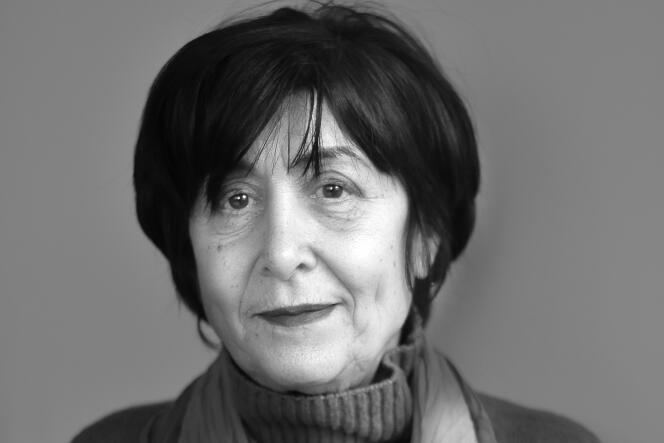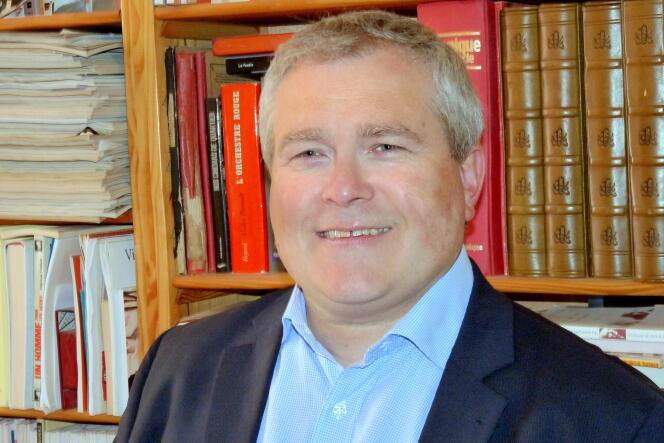

Sarah Ben Néfissa, a political scientist and director of research at the Institute for Development Research, and historian Pierre Vermeren have examined the Muslim Brotherhood's time in power. This group ruled Egypt from June 2012 to July 2013 and dominated Tunisian politics from 2011 to 2021. Their book Les Frères Musulmans à l'Epreuve du Pouvoir. Egypte, Tunisie (2011-2021) ("The Muslim Brotherhood in the Test of Power: Egypt, Tunisia (2011-2021)") brings together contributions from several local researchers.

Sarah Ben Néfissa: These three movements have the same goal, but the way they put it into practice differs. In Egypt [before the January 25, 2011 uprising], the Muslim Brotherhood had been taking part in elections [as independent candidates] for years. The Salafists first participated in the legislative elections of late 2011-early 2012, before supporting the 2013 military coup against the ruling Brotherhood.
In Tunisia, only a few months after its legalization, Ennahda [Renaissance Party, born of the Brotherhood] owed its victory in the constituent elections of October 2011 to the spread of Saudi Salafism since the 1990s, via satellite channels, which provided a fertile ideological breeding ground. Finally, it should not be forgotten that the spiritual father of contemporary jihadism, Sayyid Qutb, is none other than the main theoretician of the Muslim Brotherhood.

Pierre Vermeren: The choice of the ballot box was more tactical than strategic. The discourse and practices [of the Muslim Brotherhood] show that their long-term objective has not changed. The aim is to re-Islamize societies that are "insufficiently Muslim" because they imitate the West, which sacralizes the state to the detriment of God. Their public rhetoric cannot mask their actions.
S. B. N.: They didn't adapt to the political model of the nation-state. They clearly stated that the religious reform of the individual, the family and society precedes that of the state. And yet, when people participate in elections, it's to manage a state apparatus, not to change its nature. For them, the state is illegitimate, because it divides believers outside religious law.
P. V.: They de facto hijacked it, since they weren't the initiators. In Egypt, the rise of protest movements preceded 2011. None of them received the support of the Muslim Brotherhood. In Cairo, it was young people who launched the revolution; the Muslim Brotherhood jumped on the bandwagon, seeking an alliance with the army before the departure of President Hosni Mubarak [in power from 1981 to 2011]. In Tunisia, the uprising started from the trade unions in Gafsa, in the southwest, and the center [in Sidi Bouzid], joined by all social classes. The Brotherhood took advantage of its image as the main victim of Zine El Abidine Ben Ali [in power from 1987 to 2011] to recuperate a protest movement marked by the dynamism of youth, whereas its aim was not to satisfy it.
You have 72.08% of this article left to read. The rest is for subscribers only.
